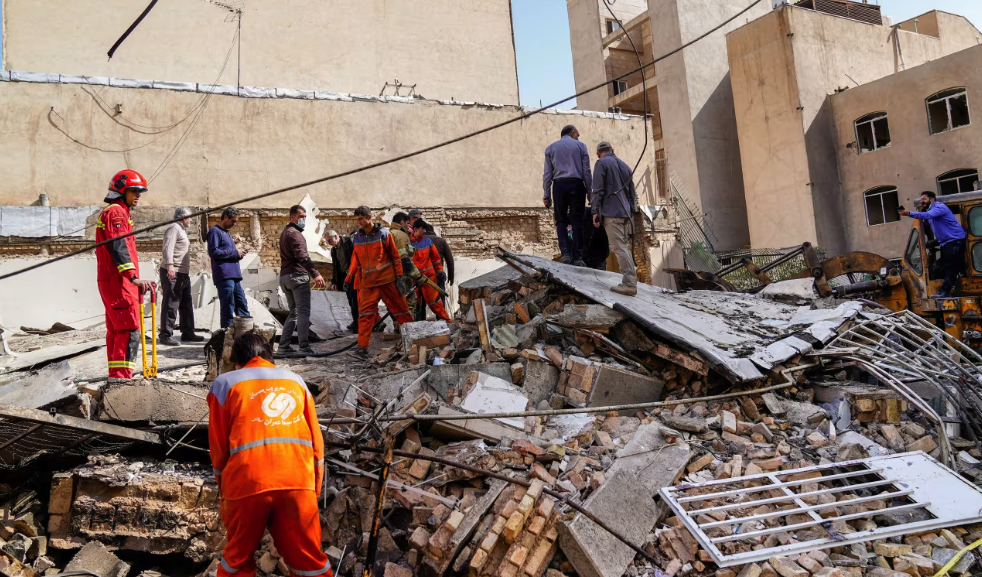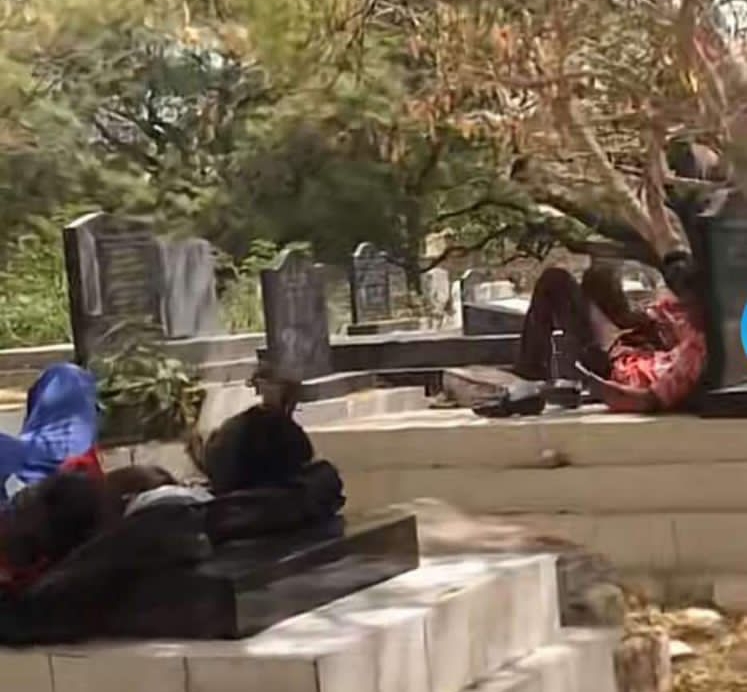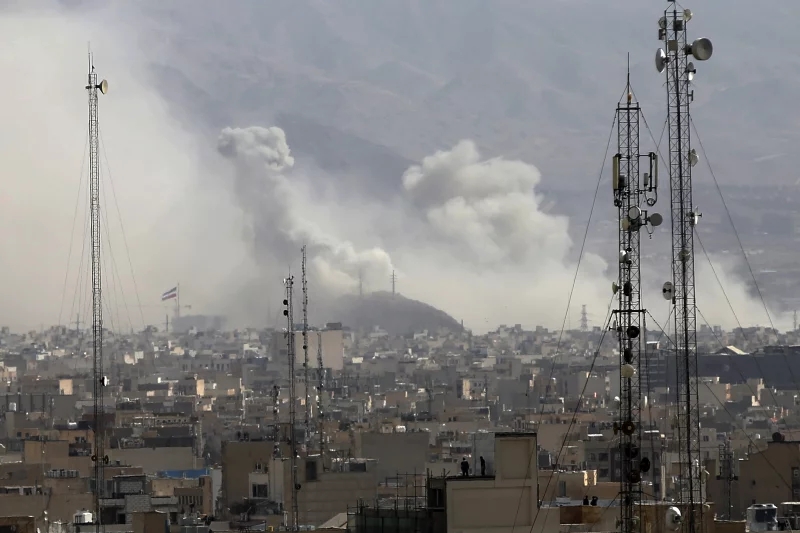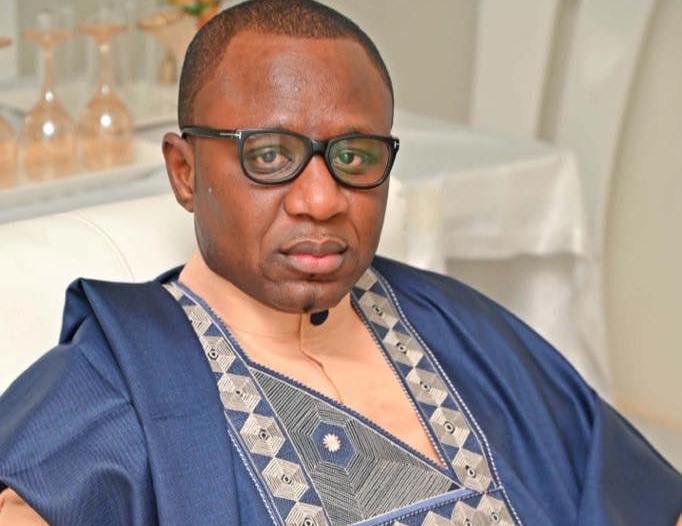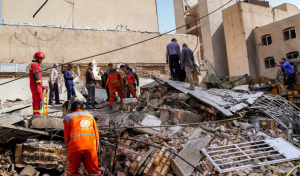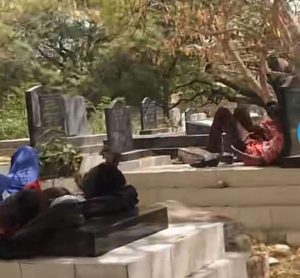Gambiaj.com – (DAKAR, Senegal) – Senegal is once again at the center of a heated debate over freedom of expression after columnist Badara Gadiaga was placed in police custody on Wednesday, following his appearance before the Special Cybercrime Division (DSC). He faces charges for alleged “speech contrary to good morals,” a vague charge that has drawn strong criticism about the regime’s growing use of cybercrime laws to silence dissent.
According to his lawyer, Me Soumaré, Gadiaga “is at peace with his conscience,” having clearly told investigators that he has “never made inappropriate or immoral statements.”
Addressing allegations of spreading false news, Soumaré explained that Gadiaga never mentioned Prime Minister Ousmane Sonko by name when discussing rape allegations in his commentary.
“His remarks were aimed at the political figure, not the Prime Minister,” the lawyer clarified, recalling that Sonko himself had previously called for a distinction between his role as a private citizen and his current position as head of government.
Moreover, Gadiaga insisted he was merely referencing facts drawn from a judicial ruling, even citing specific pages—29, 30, and 31—of the judgment in question during his interrogation.
“He didn’t invent anything,” said Soumaré, expressing outrage at the decision to detain Gadiaga. “We thought Senegal had moved beyond such practices. Imprisoning honest citizens for expressing an opinion must stop. We need to calm the public space and let people speak freely. Political actions demand political responses, not judicial repression.”
Soumaré further revealed that Gadiaga was questioned alongside a PASTEF parliamentarian, Amadou Bâ, though separately.
While Bâ was allowed to leave untroubled around 9 p.m., Gadiaga remained in custody—despite the fact that, according to the defense team, it was Bâ’s remarks that initially prompted the investigation. This selective approach, they argue, further underscores the political motives behind Gadiaga’s arrest.
The case has already sparked widespread political and media reactions. Opposition leader Thierno Alassane Sall, present at the cybercrime division to show support, used the occasion to sharply criticize Prime Minister Sonko, accusing him of undermining the judiciary.
Sall condemned what he called a “two-speed justice system” that shields some while targeting others, urging equal treatment for all, regardless of political rank.
Renowned human rights activist Alioune Tine also condemned the case, calling it a clear example of “political instrumentalization of justice.” He warned that Senegalese prisons are becoming “qualifying tests” for those who resist government authority and urged a shift in political discourse toward direct debates between officials and their critics.
This case raises fundamental questions about the trajectory of civil liberties in Senegal. Critics warn that the increasing use of cybercrime laws to prosecute journalists and commentators risks entrenching a climate of fear and undermining democratic freedoms.
The use of cybercrime laws to prosecute speech-related offenses has raised concerns about the growing erosion of press freedom under the guise of morality and cybersecurity.
At its core, this case will likely test both public trust in the judiciary and the government’s commitment to freedom of expression.



